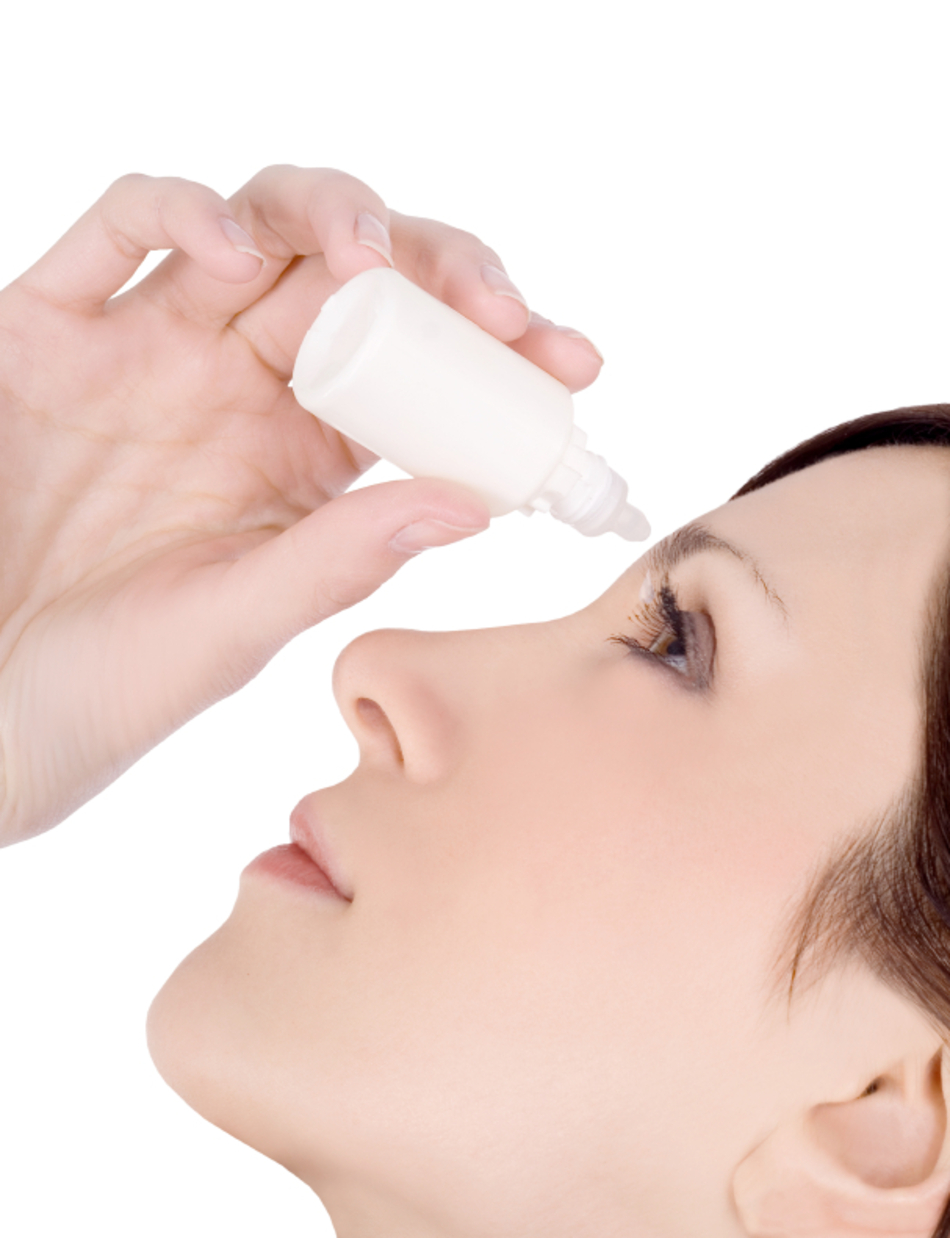
Announcer: Medical news and research from University Utah Physicians and Specialists you can use for a happier and healthier life. You're listening to The Scope.
Interviewer: Dr. Owen you're here today to tell us about a new initiative going on here at the Moran Eye Center encouraging people to rest their eyes. What can you tell me about it?
Dr. Owen: Well, we see a lot of patients coming in with eye strain, eye fatigue, and certainly dry eye in this dry climate, and so our new initiative is termed 20-20-20, and it's something that's actually going on all over the country, but it's just to help remind patients that when we do a lot of focused work, including computer work and reading work, we don't blink as often. It's difficult to remember to blink, but it's easier to remember that every 20 minutes to try and look up, look 20 feet away, focus on something in the distance for about 20 seconds, and that allows your eyes to rest. It allows you to blink more normally and moisturize the surface of your eyes and that will alleviate a lot of the eye strain, eye fatigue, eye irritation, and eye dryness that you might experience otherwise.
Interviewer: You mentioned eye dryness. What causes that condition, and do we have more of it here in Utah than other places in the country?
Dr. Owen: There are a lot of causes of eye dryness. There's quite a spectrum so if you have significant concerns about eye dryness, I would see a professional, an eye doctor in the clinic, but in general, we do have a greater proportion of people with dry ocular surface because we're in such a dry climate. In general, people develop dry eyes when there's an imbalance between either the amount of tear that they're making to wet their ocular surface or an inability of their tears to adequately moisturize the surface of their eyes. Often we will prescribe artificial tear drops, which are available over the counter, and they're a way that you can replenish some of the tear on the surface of your eye to keep in more continually moisturized so your body isn't trying to compensate for all of this dryness by itself.
Announcer: We're your daily dose of science, conversation, medicine. This is The Scope. The University of Utah Health Sciences Radio.






